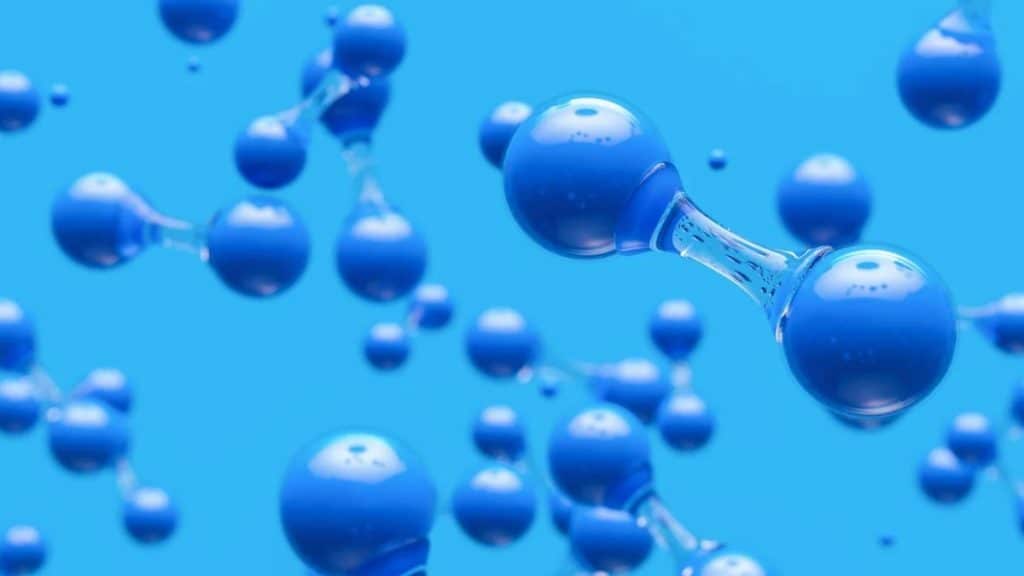After many years of research and development, hydrogen became a breakthrough climate solution. As an eco-conscious business owner, you’re probably intrigued by this.
According to the Department of Energy, hydrogen produces near-zero greenhouse gasses and can be used as electrical power in fuel cells. It emits only warm air and water vapor, making it a promising energy source for various industries.
Research suggests that low-emission hydrogen production will increase by 50% in the next six years, reaching 38 Mt. That’s because this is a versatile energy carrier. Hence, it can address the critical challenges of using fossil fuels and natural gas that lead to CO2 emissions.
Even with such benefits, did you know that there are various myths surrounding hydrogen use? In this blog post, we’ll discuss a few misconceptions that eco-conscious business owners should know about.
Myth #1. Hydrogen Is Only for Industrial Purposes
Industries like the steel and oil refining sectors use hydrogen energy predominantly. But is that all? No, this energy has various applications that extend into many sectors. As an eco-conscious business owner, you need to understand the ‘true’ applications of this element.
To start, hydrogen can be used as a fuel for transportation. According to H2MOF, efficient and safe hydrogen storage technology will help realize hydrogen as a clean fuel for the transportation sector, for example in light-duty and heavy-duty vehicles or hydrogen powered ships. Apart from the transportation industry, hydrogen has some electric utilities for long-duration energy storage. Moreover, this energy can be used for cooking and home heating as well. That means it will soon replace the use of natural gasses if there are significant infrastructure upgrades for hydrogen storage.
Myth #2. Hydrogen Is Decarbonizing Every Sector
Did you know that hydrogen can be used to decarbonize various sectors? But just because this energy application can do it doesn’t mean it’s actually doing it, right? Even then, it should be prioritized for its efficiency and its ability to offer a clean energy transition.
However, hydrogen is difficult to store – for example, PV Magazine reports that the use of liquid hydrogen means it’ll suffer unavoidable evaporation. Due to this boil-off, it can often be difficult to efficiently manage and use this energy source in industries requiring high heat for production, transportation, etc.
To solve the hydrogen storage challenge, a lot of work is being done on developing more efficient ways to store and transport hydrogen, such as solid-state hydrogen storage. With this technology, hydrogen can be safely stored and released more efficiently compared to compression or liquefaction.
However, the scarcity of renewable electricity used to produce ‘clean hydrogen’ can be the cause of global decarbonization constraints. The industry needs to work harder because the world will need a clean electricity infrastructure as power consumption doubles.
Thankfully, many micro-level businesses are already using hydrogen power to heat buildings and use it as a fuel in light-duty vehicles. We just have to wait for the widespread adoption of hydrogen decarbonization.
Myth #3. Clean Hydrogen Is Always ‘Clean’
You’ve probably heard the term ‘clean hydrogen.’ However, this doesn’t really have a definitive explanation. Broadly speaking, clean hydrogen refers to energy produced with lower emissions compared to fossil fuels.
Oftentimes, the production pathways of this energy source are characterized by colors. It’s classified into different colors, like brown, blue, green, gray, black, and pink. Among them, the two common types include:
- Green hydrogen: Produced using electrolysis that splits water molecules, making it a somewhat clean energy source. This takes up less than 1% of production because it’s more expensive.
- Blue hydrogen: Produced from natural gas feedstock by capturing carbon dioxide as a by-product. This is neither clean nor low-carbon.
Both of these low-emission hydrogen types have carbon reduction benefits. As you can see, simple color coding becomes insufficient to clarify emissions caused by the production paths. For instance, due to the differences in supply chain and technology performance, the colors can have different carbon footprints.
The thing is, hydrogen production comes with different emission risks and cannot be classified as ‘clean’ energy as a whole. Even then, producing it from renewable electricity can be a way to ensure near-zero emissions.
Now that all the common myths are debunked, you can understand how effective hydrogen can be if used, created, and stored correctly. The hydrogen economy is getting stronger by the minute. According to Gartner, it’s a vision of energy delivery infrastructure based on a carbon-free energy carrier.
If you want to enter the world of sustainable business, you must confront the myths about hydrogen. As an eco-conscious entrepreneur, you must strive to make informed decisions by understanding the true nature of hydrogen’s challenges and potential.
This article debunks some of the myths to help empower you to grasp the opportunities of using hydrogen energy with technology. That way, you can be committed to sustainability and reduce environmental impact.
